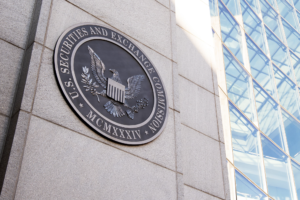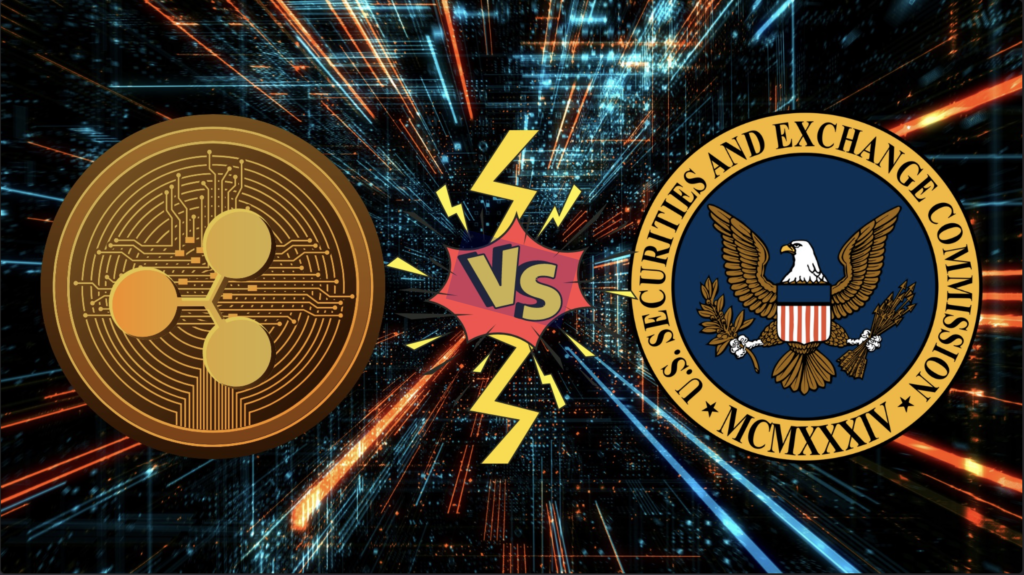The future of cryptocurrency and blockchain technology could well be decided by a lawsuit filed at the end of 2020.
On December 22, 2020, the SEC filed a lawsuit against Ripple Labs and two of its executives. The claim is that they traded $1.3 billion in their cryptocurrency XRP as a security without registering it with the SEC. Ripple and other parties have since countered with claims that the SEC is biased in its assessment.
As of right now, here is the current status of this lawsuit, as well as a breakdown of each side of the argument:
The SEC’s Claims
In their legal action made at the end of last December, the SEC claimed that XRP is classifiable as a security because it was used to finance Ripple’s platform, which facilitates money transfers for retailers. In the process, the platform’s executives were also enriched with the sales of XRP.
Under SEC regulations, securities must be registered with the commission, and certain financial information must be publicly disclosed. The goal is to counteract fraud and safeguard the interests of investors.
When determining whether a virtual currency counts as a security, the commission applies the “Howey test,” based on the Supreme Court ruling on SEC v. W.J. Howey Co. in 1946. The test is that if an asset is sold with the expectation of profits derived from other parties’ efforts, then it counts as a security. As the SEC currently defines XRP in their lawsuit, it would pass the Howey test.

Ripple’s Response
Most companies targeted by the SEC in this manner settle. That’s not the case with Ripple, however. Rather than comply with the SEC’s demands, they have decided to fight it.
Why? They claim the SEC has been biased in how it applies the definition of “security” to virtual currencies. If this is proven to be accurate, it would undermine the commission’s authority, not to mention tarnish the credibility of their case.
In particular, Ripple has pointed to some of the associations that members of the SEC have had with other crypto platforms, especially Ethereum. While there is still little evidence of these ties, the fact that the commission gave Ethereum a pass on securities regulation while attacking XRP does appear suspect.
This is especially so since Ethereum initially funded its operations with an ICO, which would absolutely be considered a security. The SEC has claimed that Ethereum currently operates in a decentralized manner, which disqualifies it from securities regulation, but if that’s the case, Ripple questions why XRP is being attacked.
Worth noting is that Ripple was initially financed by venture capital, not an ICO, and now claims its operations are not materially different from those of Ethereum.
In addition to all this, Ripple is claiming they had no fair notice that what they were doing violated securities law. However, the SEC has recently admitted that no statement was made on whether XRP could be classified as a security before filing its case.
To Sum Up The Positions:
- The SEC claims Ripple was selling XRP as an unregistered security. In addition, they point to its role in funding Ripple and claim Ripple’s platform is not decentralized.
- Ripple claims the SEC is making classifications based on bias rather than actual merit (or even well-defined rules). They claim their operations are not materially distinct from those of other platforms that have been given a pass.
The lawsuit is still in its discovery phase, meaning each side is gathering evidence to strengthen their individual claims. Odds are, it will be years before we see a definitive result.

Why Is This Important?
Why is all this so important to the future of crypto? Currently, many virtual currencies are regulated through CFTC regulations, which are far less heavy-handed than the rules applied by the SEC. If the SEC wins, they’d have regulatory oversight over many virtual currencies being traded today.
There’s a good chance that this extra oversight could stifle the technology’s development in the U.S. since it was built with the design of being independent of heavy government regulations. Other countries would likely lead out on its development.
On the other hand, if Ripple wins, then the CFTC’s lighter regulations would likely apply, and blockchain technology would be freer to develop further. A potential downside would be a lack of legal safeguards against criminal activity, though many state that the potential for something to be used in a crime doesn’t justify regulating honest use.
What does the future hold? It remains to be seen. The SEC v. Ripple case has a long—and likely messy—process of courtroom litigation ahead of it, and we’re all watching to see what will result.



